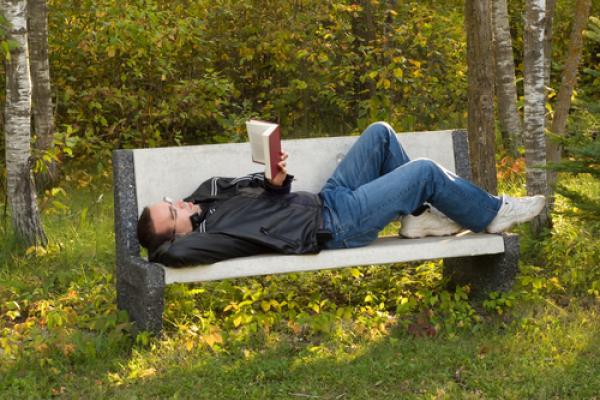This winter, fiction revealed truth about climate change.
As a teacher, I relish the escape provided by pleasure reading before I return to the classroom for the next semester at Warren Wilson College, where I teach environmental education.
In December, without reading reviews or making a list, I visited my independent bookstore, Malaprop’s and purchased two books: Barbara Kingsolver’s Flight Behavior (2012) and Lauren Groff’s Arcadia (2012). I’m a long-time Kingsolver fan and bought her book as a gift, with the goal of reading it before wrapping it. And the cover of Arcadia, with its teal VW bus and field of sunflowers, drew me into purchasing what I thought was my second random choice for recreational reading.
Both books, it turns out, integrated climate change into the plotline, weaving scientific truths about global warming into the lives of fictional characters. And just as compelling, both works of fiction featured spiritual community at the center of critical decisions about the future of the land and its inhabitants.
Of note, critics have bemoaned the lack of fiction centered on climate change, a paucity that seemed to mirror our public denial of this scientific reality. In a 2010 blog on openDemocracy, professor and author Andrew Dobson even outlined the components of a “climate-change novel” that include a grim future, characters who explore ethical choices around global warming, and (no surprise here) extreme weather events. He ended his piece with this challenge: “So there’s the recipe. Who’s going to write the book?”
Read the Full Article

